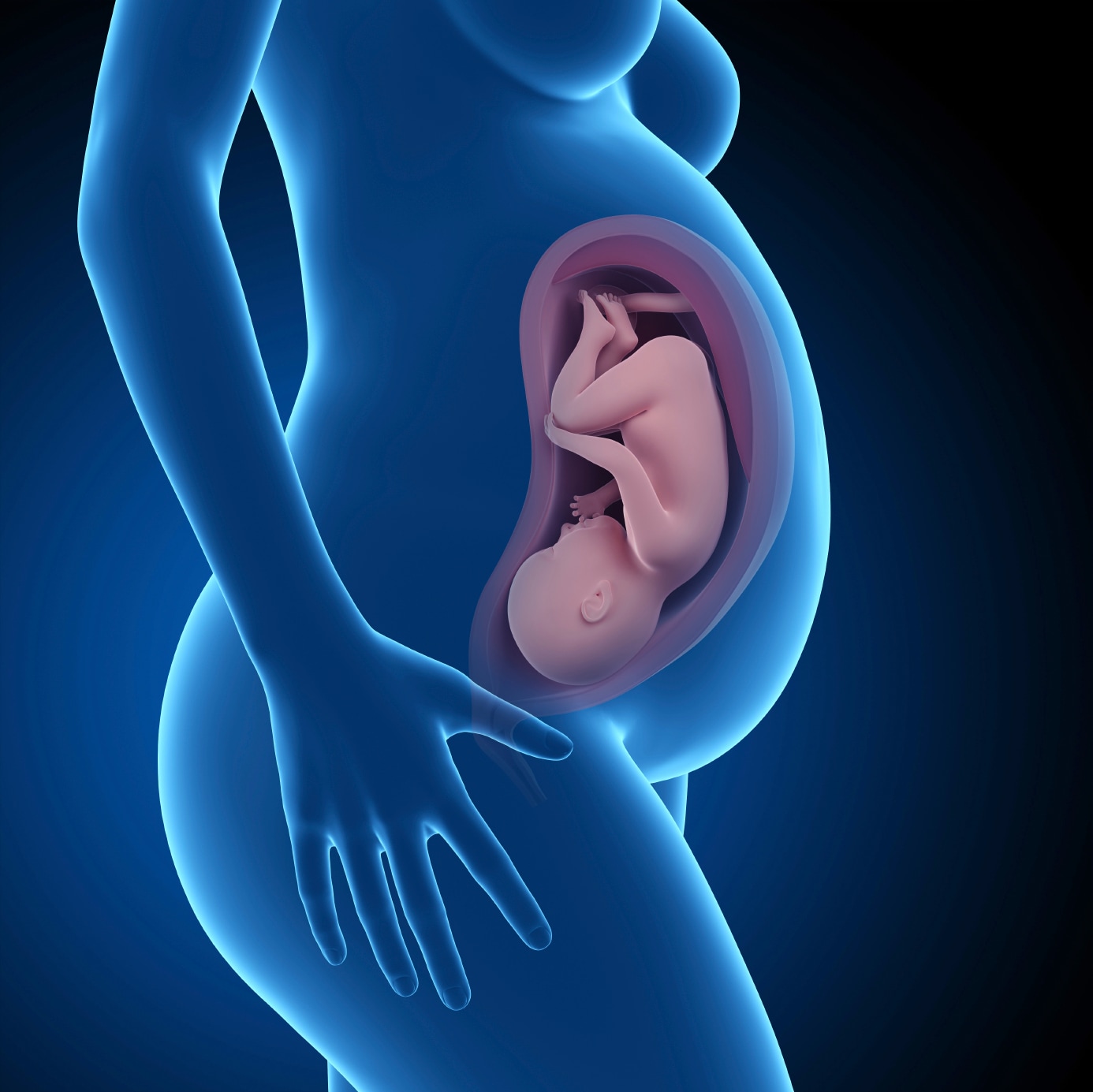Takeaway
- Decreased fetal movement should not be dismissed because of obesity.
Why this matters
- Obesity among pregnant women is increasing and represents a modifiable risk factor for stillbirth.
- Decreased foetal movement in women with obesity is thought to arise from a "dampening" effect of abdominal fat.
Key results
- Strength, frequency, and busy times of movements were similar between the groups.
- When hungry, women with obesity reported more increased foetal movement compared with women with normal weight (26.6% vs 14.1%; P=.001).
- Within 1 hour of eating, women with obesity reported less foetal movement compared with women with normal weight (43.3% vs 26.2%; P=.001).
Study design
- Pregnant women were recruited from the HUMBA study, a randomised controlled trial of dietary intervention in women with BMI ≥30 kg/m2, and MCSS, a case-control study looking at modifiable risk factors for late stillbirth.
- Foetal movement questionnaire at ≥32 weeks of gestation was completed.
- Women with BMI ≥30 kg/m2 (n=233) were compared with women with BMI <25 kg/m2 (n=149).
- Funding: HUMBA and MCSS were funded by Cure Kids, Mercia Barnes Trust, Nurture Foundation, University of Auckland Faculty Research Development Fund, and others.
Limitations
- Perceptions of the decreased foetal movement were not correlated with fetal behaviour.
References
References



